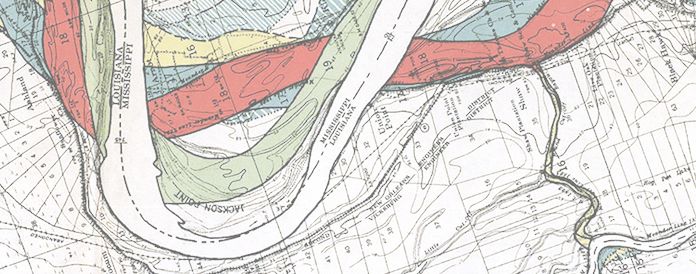mainly macro: On maxing out credit cards and magic money trees
Keir Starmer, in commenting on the recent Budget, said “Britain in recession, the national credit card maxed out, and despite the measures today, the highest tax burden for 70 years”. The analogy of maxing out the nation’s credit card has been repeated by other Shadow ministers. Rachel Reeves, Shadow Chancellor, has joined many Conservative ministers in saying there is no ‘magic money tree’.
Anyone who knows any macroeconomics understands that these analogies are false. The nation does not have a credit card with an externally imposed credit limit that it can ‘max out’, and the UK government does have a magic money tree because it can create money. But are those of us who do know some (or rather a lot) of macroeconomics getting a bit pedantic in worrying about politicians who use these phrases for rhetorical flourish? After all, analogies are usually inexact, and if using inexact analogies gets across points to a lay audience why worry about this inexactitude?
Imagine, for example, if we forced politicians to be more precise. Rather than claiming that the government had ‘run out of money’ and ‘maxed out its credit card’, they would instead have to say that the government had almost hit their self-imposed borrowing limits. Rather than saying you couldn’t promise to spend this or reduce that tax because there is no magic money tree, politicians instead would say need to say that the government could create more money or borrow more, but that would add to aggregate demand which would risk higher inflation and so force the Bank of England to raise interest rates. You can see why speech writers, and authors of lines to take, prefer talking about credit cards and money trees, things most people can relate to that don’t involve macroeconomics.






















